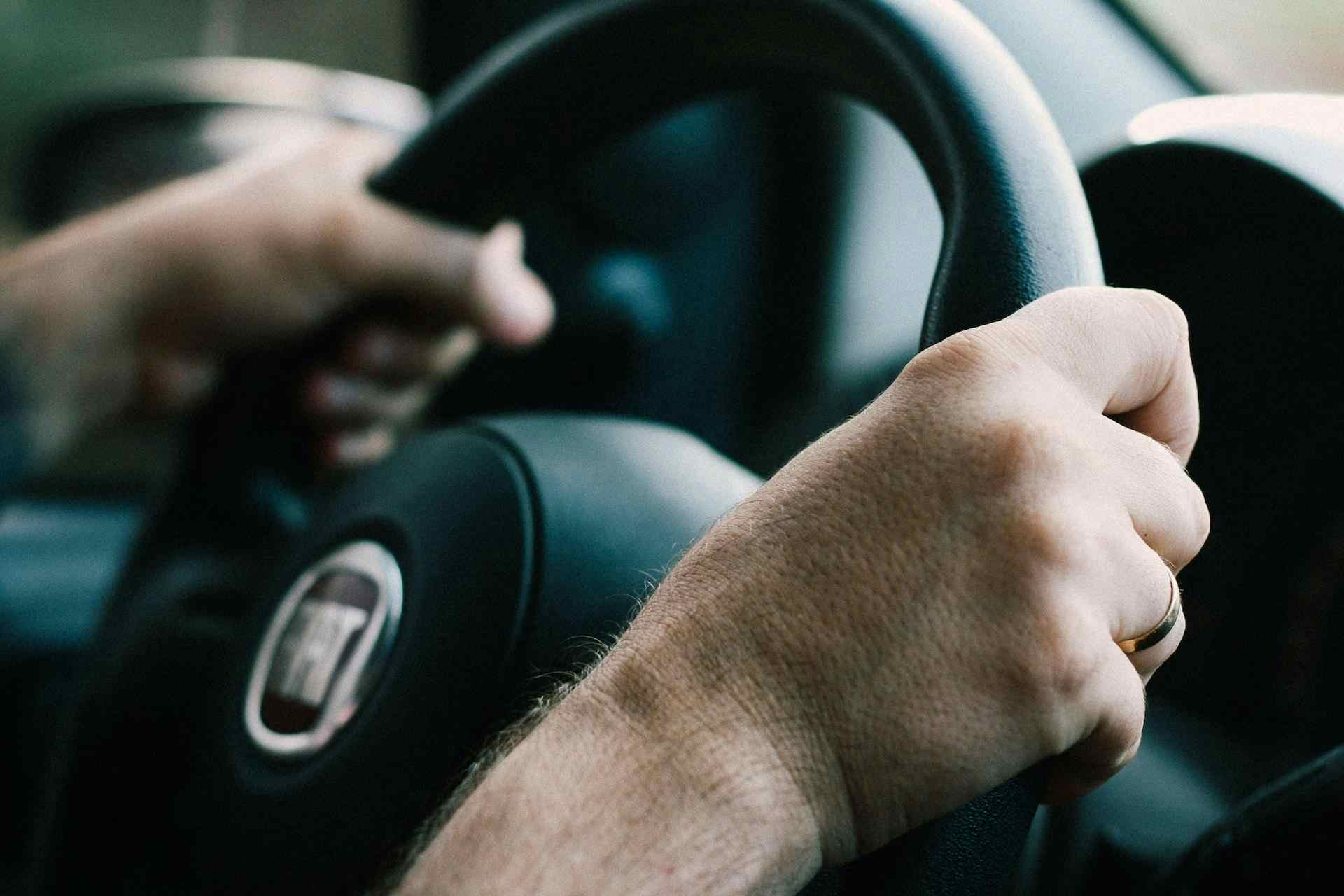There’s quite a lot to driving tests these days. Not only has the practical test evolved so that it’s a little more, well, testing, but there’s a whole other theory layer you have to overcome too. Honestly, it’s almost as if they only want good drivers to pass.
Anyway, what you’ll be wanting to know is what the test booking process is, and we’ll attend to this. On top of this though, we’re going to look at why you might want to learn in the first place, as well as some info about insuring that ride of yours. OK, foot to the floor, and off we go!
We have ignition
Let’s start by underlining how great it is for seniors to learn to drive. You can go where you want, when you want, with whom you want (as long as they’re up for it, obviously). This is pretty much the definition of increasing access, so it’s very much what we want to see. The benefits in terms of reducing feelings of isolation are significant and can be nothing short of transformative.
And driving is huge with seniors - the London Daily News reports that no fewer than 28,000 over 50s started to learn to drive in 2021-22. In fact, Department of Transport figures indicate that in 2021 there were a whopping 5.76 million over 70s with a driving licence. This is up from 3.66 million only 10 years earlier. And people are continuing to drive into their 80s, 90s and even over 100 (do be aware though that over 70-year-olds must renew their driving licence every three years).
At the time of writing, still trucking is a 90-year-old who is officially Britain’s oldest lorry driver, using experience gained driving tanks during national service to shepherd his arctic up and down the highways of England and beyond. If Brian Wilson (not the songwriting genius behind The Beach Boys, we understand) can carry on plying the tarmac, what’s stopping those whippersnappers barely over 50 from getting in on the auto action?
Kerb your enthusiasm
Here’s the surprising bit, though. As many as 14% of those aged 50-59 don’t have a full driving licence. That’s over one million people who aren’t able to get their motor running and head out on the highway whenever they want.
Why might this be? Reasons people might not learn to drive tend to boil down to a number of factors. Being able to rely on friends, family or public transport is a big determinant, as is a simple lack of interest in motoring (39% of non-licence holders aged 50-59 and 46% of 60 and over).
However, there are of course individuals who don’t have friends, family, or indeed public transport to call on. For these people, driving may become of interest out of necessity rather than out of a Clarkson-style petrol frenzy.
Only a tiny fraction (7% of non-licence holders aged 50-59 and 3% of 60 and over) say that a nervousness about the test itself stands in their way. This is great news, because there really is nothing to be afraid of.
Testing, testing
So, as mentioned, there are two components. Let’s motor quickly through them both.
1. Theory test
With a bit of time spent in front of the Highway Code, you’ll be in a grand position to get this test passed and under your (seat)belt. Note that along with the general theory test, there is now a hazard perception test, involving the watching of video clips to see if you can spot hazards as they emerge.
2. Practical test
So, this is the bit that tends to make people nervous, but you can do this. In any case, the only person you’ll be doing your stuff in front of is the examiner, and it’s pretty much a sure thing that no matter how much you doubt your abilities, you won’t be the worst they’ve seen!
The practical driving test usually takes around 40 minutes (or 70 minutes if you’ve previously been banned from driving and are seeking road rehab via an extended test). You can use your own car if you’d prefer, as long as it meets certain conditions, listed here. You’ll be told at the end if you’ve passed or failed.
How to book
Booking your theory test via the test booking service is simplicity itself - just go to the www.gov.uk website, input your provisional driving licence number and payment card information (it costs £23 as of September 2023), and away you go. You’ll need to select a driving test centre, a test slot, and a date from the available range.
When you pass, you’ll get your theory test pass certificate. You can then book your practical test by visiting the same site and entering your information as above, as well as your theory certificate number. Again, you’ll need to select a test centre and date (the booking system allows you to book up to 24 weeks ahead).
You’ll also have the opportunity of booking an evening, weekend or even Bank Holiday test. Such slots cost £75, compared with £62 for a standard appointment.
If you’d rather, you can book your theory or your practical test via the Driver and Vehicle Standards Agency (DVSA) telephone number: 0300 200 1122 (Mon-Fri, 8.00-4.00).
One final thing to mention - you have two years from passing your theory test to pass your practical. If you don’t pass in that time, you’ll need to rebook and retake your theory. But that’s no problem. You’ve got this.
Pass master
OK, here are some foolproof never-fail (disclaimer - by never-fail, we may be overstating things somewhat) tips:
- Practice - take every opportunity to get behind the wheel: your road sense will benefit no end.
- Mock test - your ADI (approved driving instructor) will give you a run-through so there are no surprises on the day.
- Rest - make sure you get a good sleep the night before, and turn up in plenty of time so you’re not stressed.
- Listen - pay attention to the examiner and do exactly as they say.
- Follow the code - stick to the Highway Code, and you’ll be on the right road.
Driving costs down
So, you’ve got your licence, and you’re good to go. Well, almost. You’ve got to get your insurance sorted first. The great news is that insurance for senior motorists - even those who are new to driving - tends to be cheaper than it is for younger drivers hot to trot out of the drive and into the fast lane.
As long as you manage to stay prang-free, you should find that your insurance costs stay relatively modest well into your late 60s. At this point, insurance costs start to rise for the older driver. However, the rise will not be exorbitant because older drivers tend to have safer habits, such as keeping to the speed limit and driving during the daytime.
Licenced to fill…
…your days with motoring freedom, no longer dependent on public transport or the kindness of friends… sounds good, right? Getting yourself a driving licence can very much transform your life. So it’s well worth learning.
And if you fail, there’s nothing to stop you from trying again. Take the 69-year-old woman who passed her test after £11000 spent on re-takes. For her, the 960th time was a charm. Take a tip from her: determination pays. So what are you waiting for? See you on the road.
Image Credit: Matheus Ferrero at Unsplash









